Just when you thought you had your sensitive skin routine all figured out, a sudden flare-up catches you off guard—red, irritated, and hard to ignore. It can be frustrating, especially when you've worked so hard to choose the right products. If your skin seems to react no matter what, you're not alone. It's actually more common than you might think. Let's take a closer look at what might be causing those breakouts or irritation, and how to fix it once and for all.
01What’s Causing That Burning Sensation on Your Skin? Let’s Break It Down
01. You’re using excessive retinol
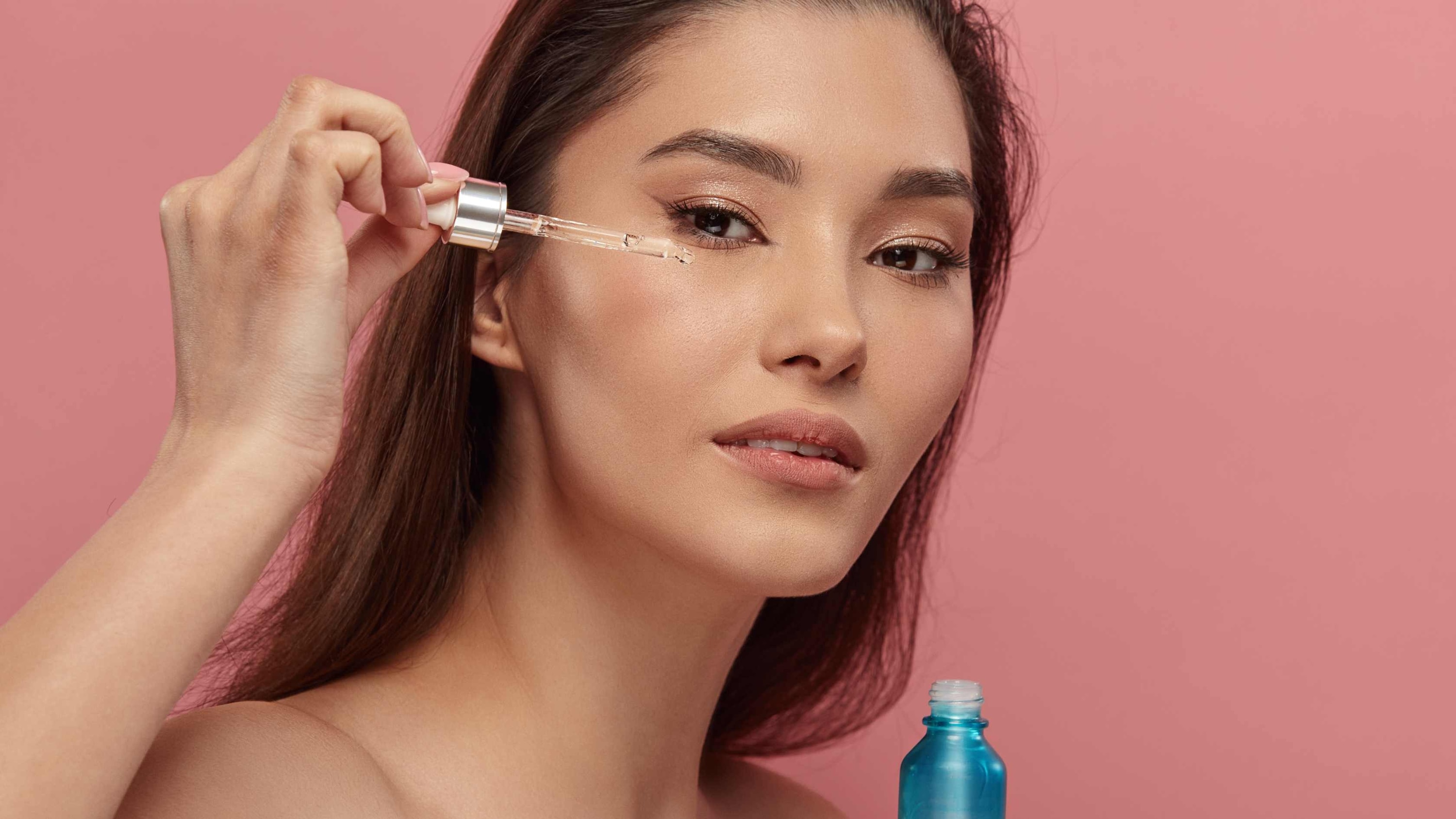
While retinol is known for its powerful anti-aging benefits, it can also be a bit too much for sensitive skin when used incorrectly. This potent ingredient can lead to irritation, redness, dryness, peeling, and even flare-ups, especially if your skin isn't accustomed to it. If you notice a burning sensation after applying retinol, it's a sign that your skin barrier might be compromised. It's crucial to consult with your dermatologist before diving into retinol-infused products, as some formulations have higher concentrations that can worsen irritation. Instead of going all in, consider milder alternatives like revinage, which offers similar benefits without the harsh side effects. Always start slow, and be sure to patch-test products before fully incorporating them into your routine.
02. Harsh scrubbing Can Cause a Burning Sensation
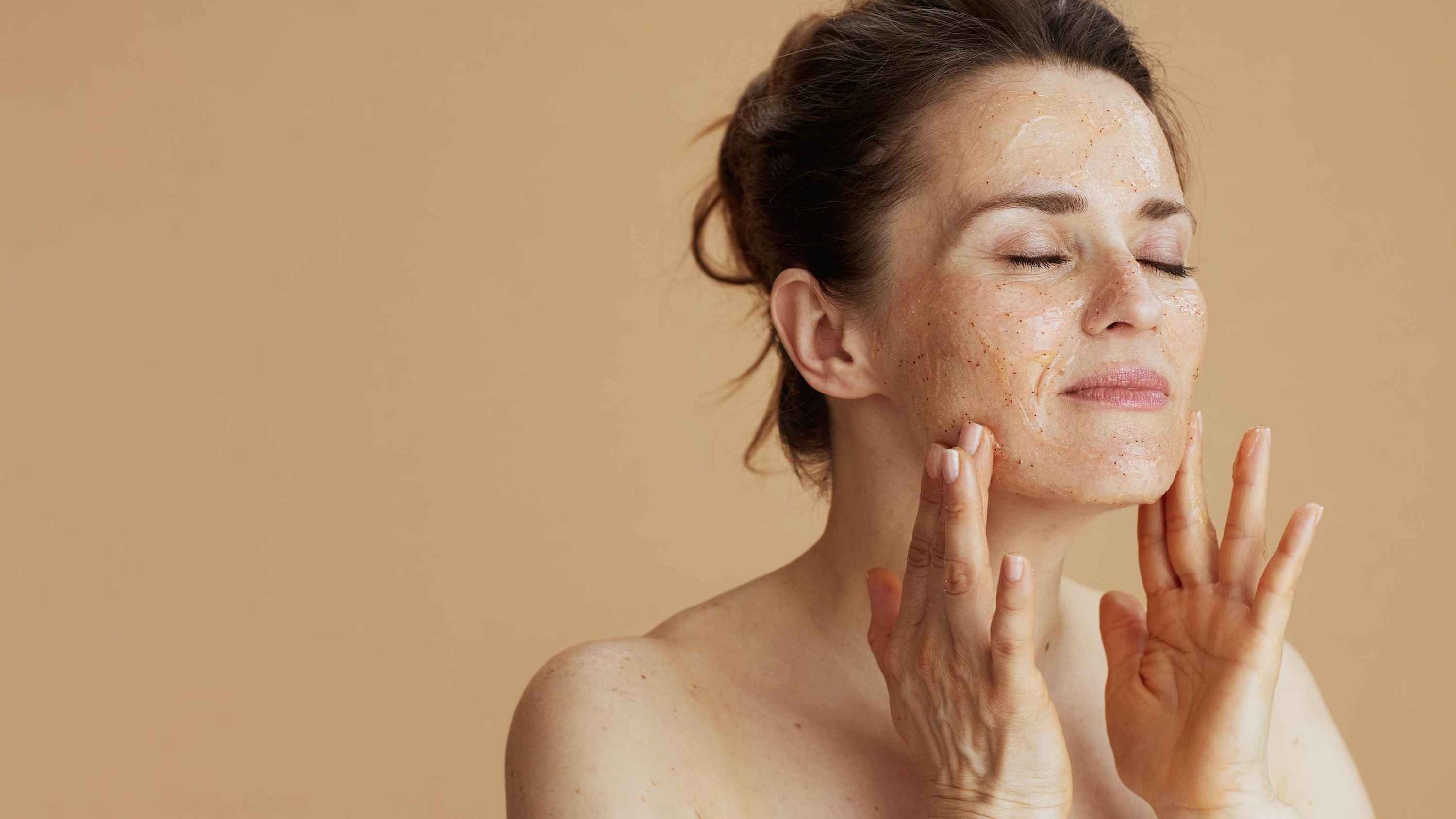
Even if you've chosen the right skincare products for your sensitive skin, how you apply them matters just as much. Scrubbing or applying too much pressure while rubbing can disrupt the delicate skin barrier, worsening inflammation, and causing broken capillaries or blood vessels. This could eventually lead to painful lesions on the skin's surface. If you've ever found yourself asking, "Why is my face burning?" after using skincare, harsh scrubbing might be the reason. To keep your skin calm and happy, always use gentle, upward strokes when massaging in products, and avoid applying excessive force.
03.Skin Irritants Can Lead to Burning Sensation
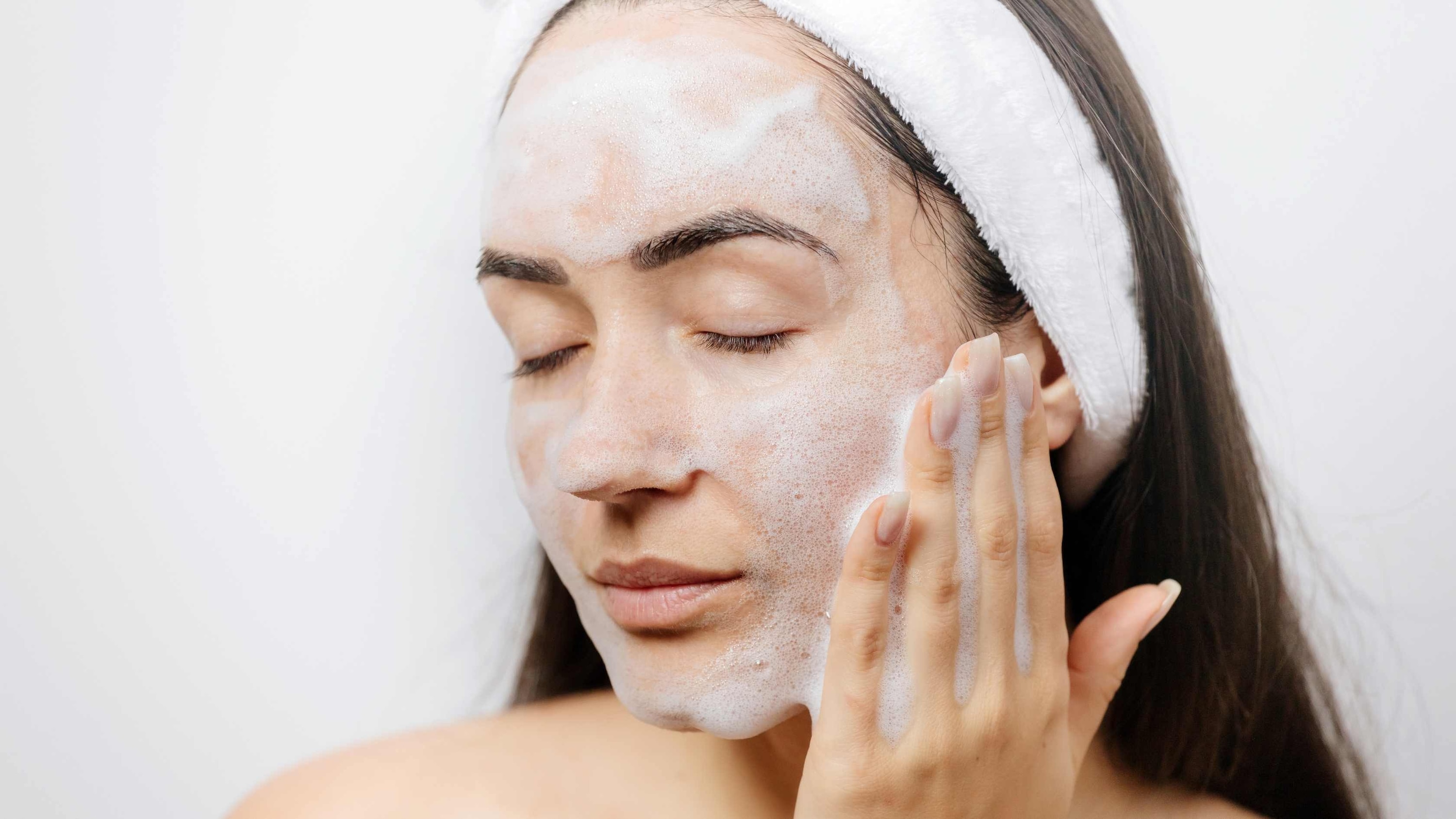
If your skincare routine includes products with fragrances, alcohol, dyes, or artificial colors, it's time to rethink your approach. These ingredients are common culprits that can aggravate sensitive skin, leading to issues like eczema, psoriasis, or contact dermatitis. They can also dry out your skin and make it more prone to irritation. Instead, opt for products that are free from these harsh chemicals. For example, a gentle, chemical-free face wash like Simple Kind to Skin Moisturising Facial Wash is a great choice. It's free from soap, artificial fragrances, colors, parabens, and alcohol. With soothing ingredients like pro-vitamin B, vitamin E, and bisabolol, this wash hydrates while being gentle on your skin, making it an ideal option for sensitive skin.
04.The Wrong Sunscreen Can Result in a Burning Sensation
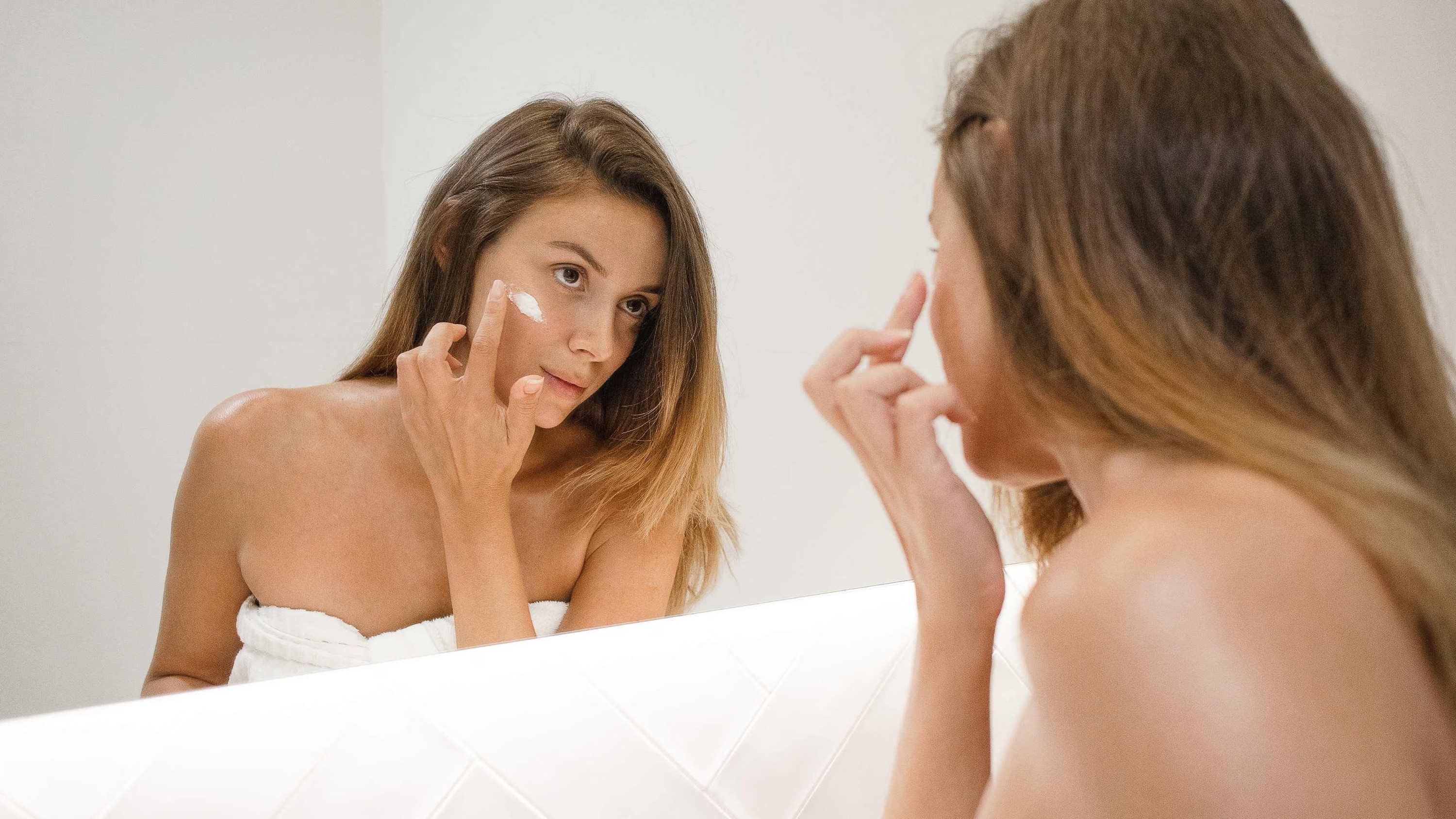
When selecting sunscreen, it's important to choose the right type for sensitive skin. Physical sunscreens with ingredients like titanium dioxide and zinc oxide are gentle and effective for protecting your skin without causing irritation. On the other hand, chemical sunscreens with active ingredients like oxybenzone and avobenzone can be too harsh, especially for those with reactive or sensitive skin. These chemical filters may lead to a burning sensation or redness if used frequently. To keep your skin calm and protected, always go for sunscreens with mineral-based formulas that are gentle and free from harsh chemicals.
05. Overloading Products May Cause Burning Sensation
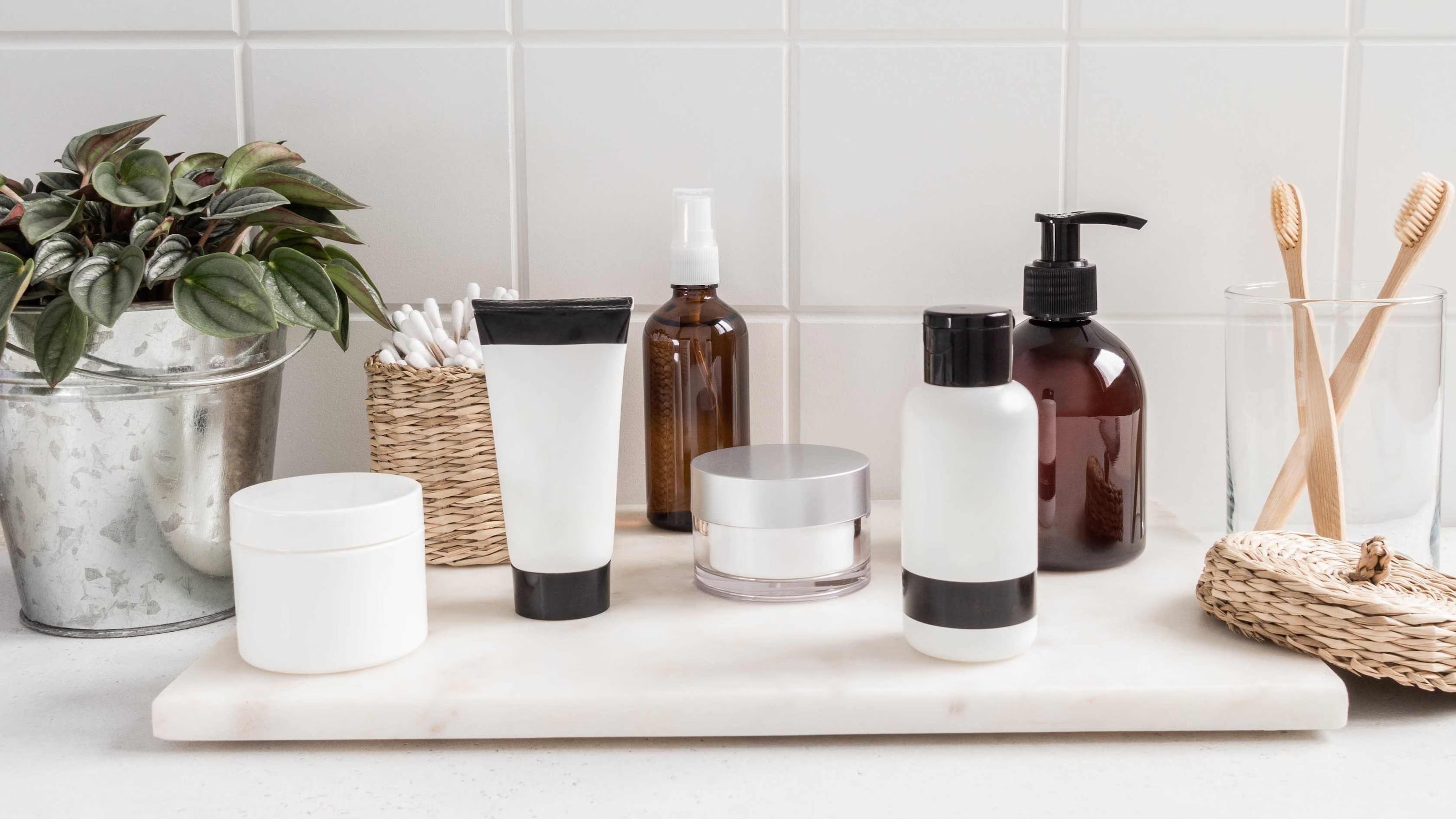
With so many new skincare products constantly hitting the market, it's tempting to try them all, hoping they'll solve every skin problem you've ever had. However, piling on too many products at once can actually increase the risk of triggering a reaction, especially if you're not paying attention to what's inside each formula. Many creams that claim to hydrate or rejuvenate can contain powerful ingredients like salicylic acid, glycolic acid, or retinol—ingredients that might not be suitable for sensitive skin. It's important to be cautious and mindful of what you apply to your skin. Instead of layering heavy formulas, opt for gentle and lightweight moisturizers like the Simple Kind to Skin Hydrating Light Moisturizer. Infused with vitamin E, pro-vitamin B5 , and borage oil , this moisturizer is free from artificial fragrances, colors, parabens, and alcohol, making it the perfect choice for sensitive skin. If you're looking for lightweight coverage that won't irritate sensitive skin, the Lakmē Xtraordin-airy Mattereal Mousse Foundation is a great option. Its airy texture blends seamlessly into the skin, providing a natural matte finish while allowing your skin to breathe.
06. Anxiety and Stress:

Chronic stress and anxiety can affect your skin in more ways than one. Stress triggers the release of hormones like cortisol, which can increase oil production, leading to acne and breakouts. It can also make skin more sensitive, potentially worsening conditions like eczema, rosacea, or psoriasis.
07. Medical Conditions (e.g., Diabetes):

Certain medical conditions can make your skin more prone to irritation. For example, people with diabetes often experience dry, itchy skin due to poor circulation and nerve damage. Other conditions like autoimmune diseases (e.g., lupus) can cause skin inflammation and sensitivity, making it essential to care for your skin with special attention.
08. External Irritants (e.g., Sunburn, Plants, Insect Bites, Allergic Reactions):
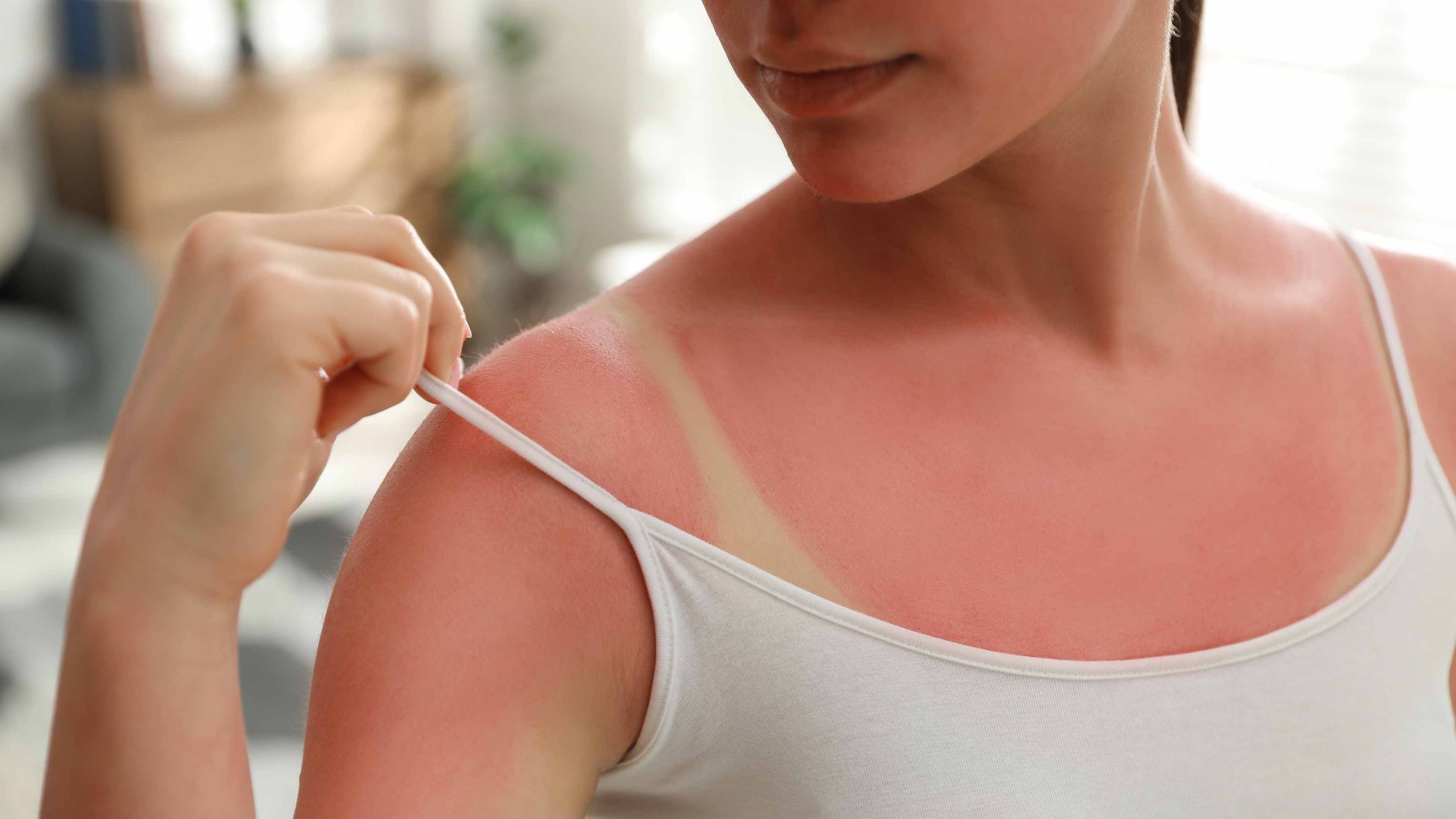
External factors like sunburn, exposure to plants that cause rashes (like poison ivy), insect bites, or allergic reactions to certain materials (such as certain metals or fabrics) can cause irritation and flare-ups. These irritants can trigger redness, swelling, and itching, making it important to protect your skin from such triggers whenever possible.
09. Infections:
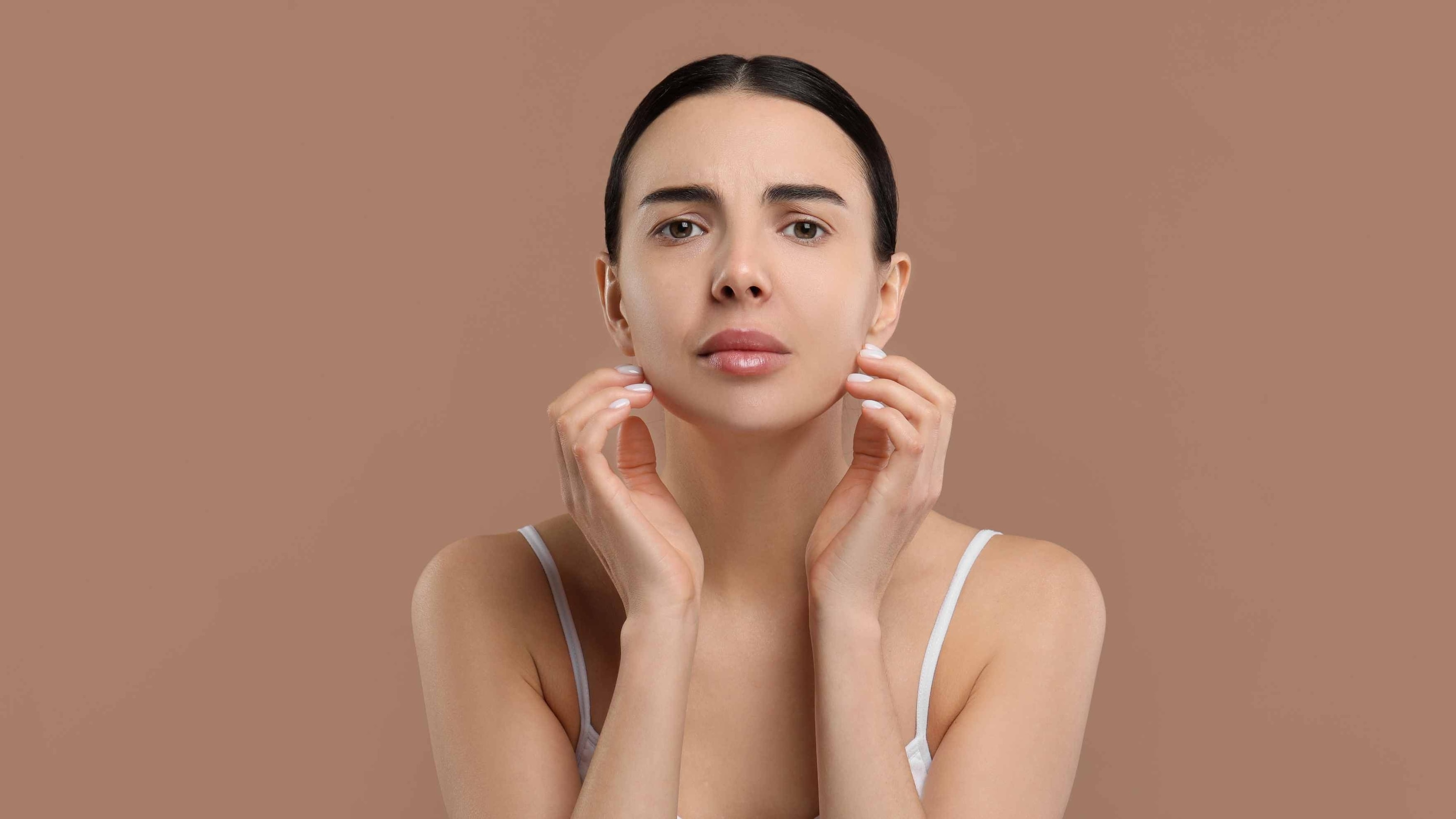
Bacterial, fungal, or viral infections can cause various skin problems, including rashes, boils, or even blisters. Infections can lead to inflammation and increased sensitivity, which may cause discomfort and more noticeable flare-ups.
10. Skin Barrier Damage:
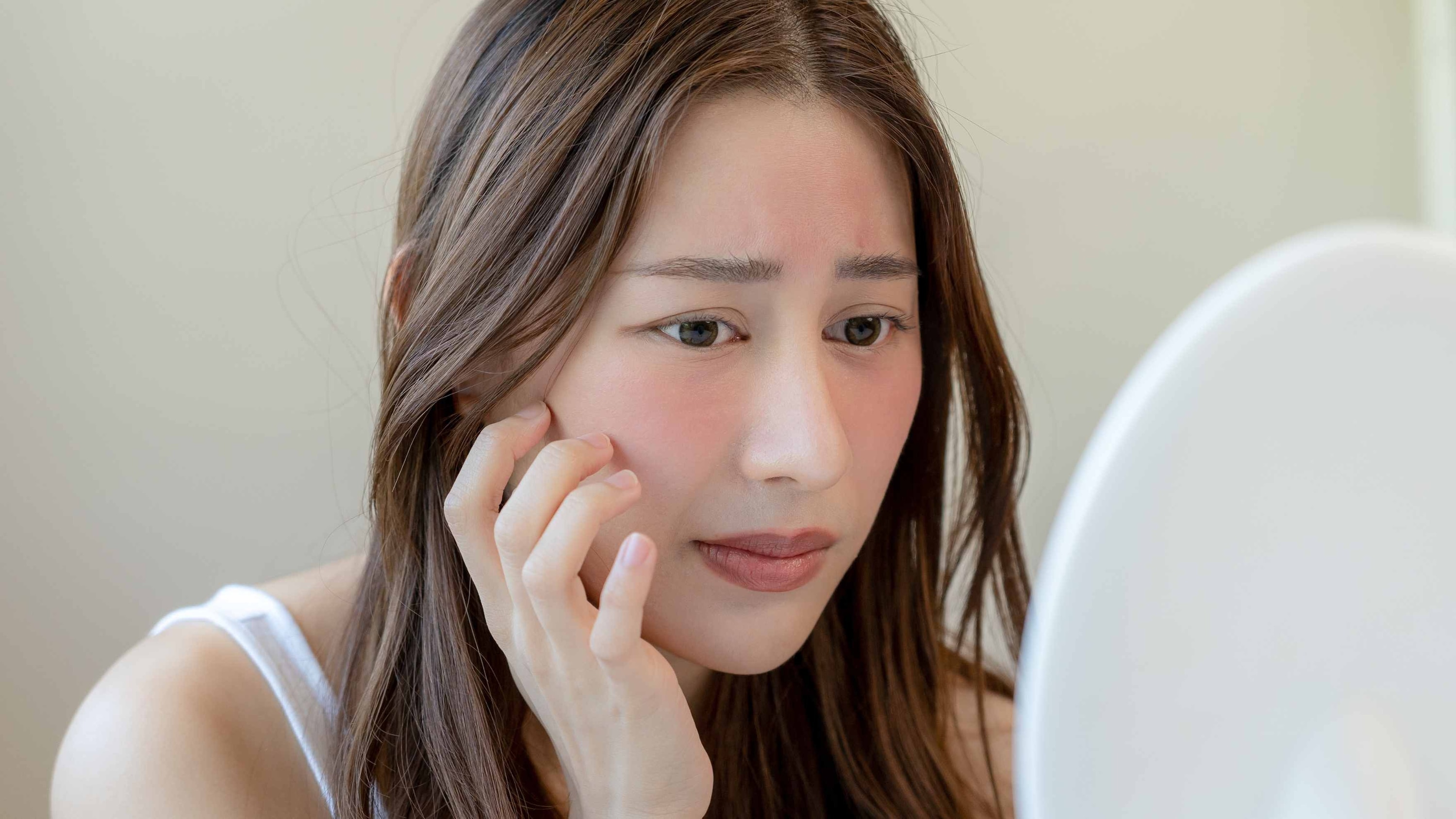
When your skin's natural protective barrier is compromised, it becomes more susceptible to external irritants, dehydration, and sensitivity. This can be caused by over-exfoliating, using harsh skincare products, or environmental factors like extreme weather. Restoring and maintaining a healthy skin barrier is crucial to prevent irritation and flare-ups.
02How to Treat a Burning Sensation on Skin Quickly and Safely
If you're dealing with a burning sensation on your skin, it's important to take immediate action to soothe and calm the irritation. Here are some steps you can follow to treat your skin safely:
1. Rinse with Cool (Not Cold) Water:
If your skin is feeling burning or irritated, rinse your face with cool (not ice-cold) water to help soothe the area. This can reduce inflammation and calm the skin. Avoid using hot water as it can exacerbate the burning sensation and further irritate your skin.
2. Identify and Avoid Irritants:
Pay attention to any products or environmental factors that may have caused the irritation. If you've recently applied a new skincare product or been exposed to an allergen, remove it from your routine to prevent further aggravation. Identifying the culprit is key to preventing future flare-ups.
3. Avoid Active Ingredients:
When your skin is in distress, it's best to avoid active ingredients like retinol, vitamin C, AHAs, BHAs, or salicylic acid. These ingredients can increase irritation and should not be applied until your skin has fully recovered. Opt for gentle, hydrating products in the meantime.
4. Gentle Skincare:
Switch to gentle skincare products that are free of harsh chemicals, fragrances, and alcohols. Look for products labeled "non-comedogenic" to ensure they won't clog your pores or exacerbate the irritation. A non-comedogenic moisturizer can help restore your skin's hydration and promote healing.
5. Skip the Makeup:
During a flare-up or burning sensation, it's best to skip makeup to allow your skin to breathe and recover. Makeup can trap irritants against your skin and make the problem worse. If you must wear makeup, choose formulas that are specifically designed for sensitive skin.
6. Limit Exfoliation:
Exfoliating scrubs, chemical exfoliants, or rough cloths can further damage your skin and cause more irritation when your skin is already compromised. Avoid exfoliating until the burning sensation subsides and your skin returns to its normal state.
7. Manage Stress:
Stress can worsen skin irritation and trigger flare-ups. Practice stress-relieving activities such as deep breathing, meditation, or yoga to calm your mind and help your skin heal faster. Reducing stress may also prevent future breakouts and irritation.
8. Consult a Dermatologist:
If the burning sensation persists or worsens, it's essential to seek professional advice from a dermatologist. A healthcare provider can help identify the underlying cause and recommend the appropriate treatment, such as prescribed creams or ointments for relief. Taking these steps will help soothe the burning sensation and allow your skin to recover quickly and safely. Always be mindful of your skin's needs and treat it gently to prevent further irritation.
03FAQs
Q. Why is my skin burning?
A. Your skin may be burning due to irritation from harsh skincare products, an allergic reaction, or overuse of active ingredients like retinol and AHAs.
Q. Why is my face burning after applying skincare products?
A. Your face may be reacting to specific ingredients, especially if you have sensitive skin. Fragrances, alcohol, and exfoliants can all trigger irritation.
Q. What causes a burning sensation on skin?
A. A burning sensation can result from sunburn, skin allergies, over-exfoliation, or sensitivity to certain chemicals in skincare products.
Q. How can I soothe a burning sensation in face?
A. Stop using harsh products immediately, rinse with cool water, apply aloe vera or a gentle moisturiser, and avoid sun exposure.
Q. When should I see a dermatologist for skin burning sensation?
A. If the burning sensation persists for more than a few days, worsens, or is accompanied by swelling, peeling, or rash, consult a dermatologist immediately.









